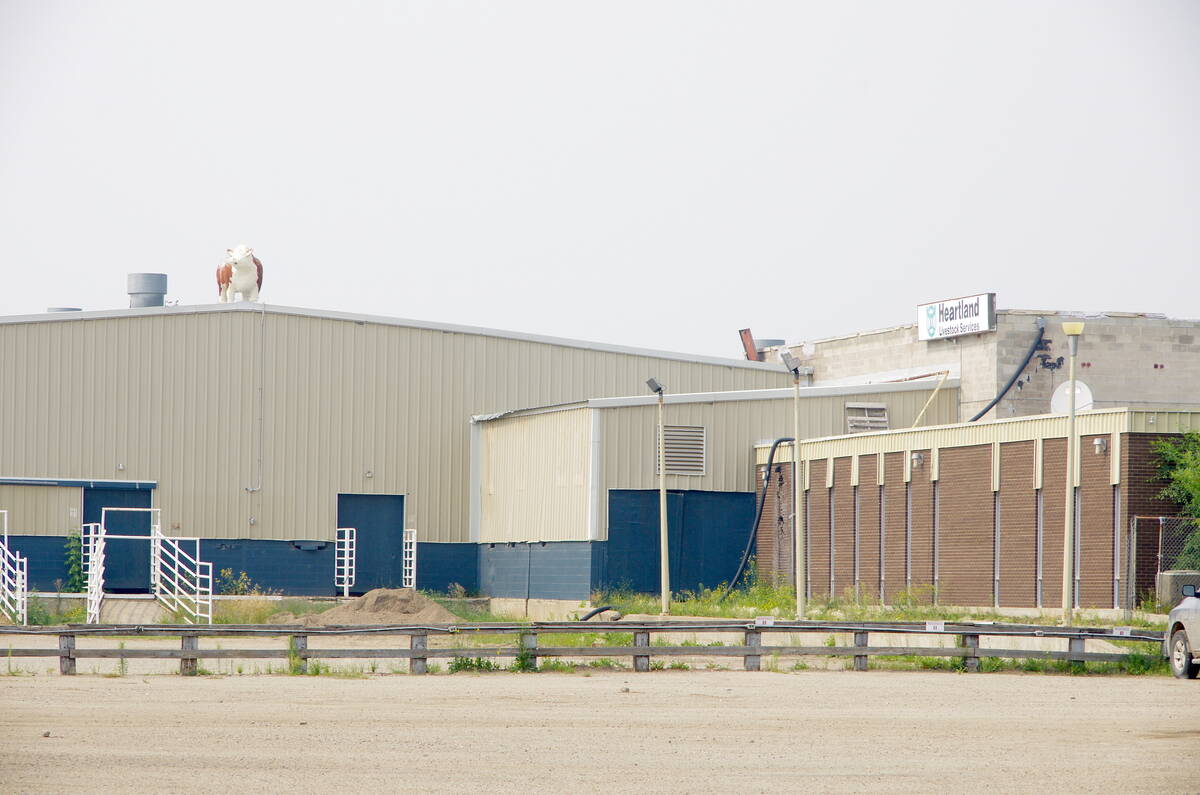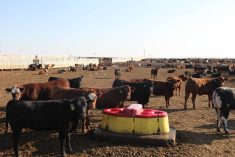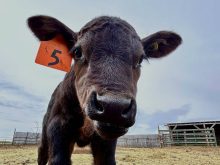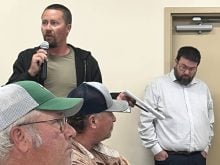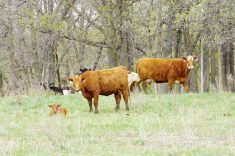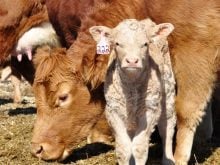Glacier FarmMedia – Manitoba’s livestock producers have one less place to sell their animals.
Heartland Livestock Services announced July 25 that it is closing its Brandon location.
The company, a major livestock marketer in the province, also operates an auction mart in Virden, Man., as well as in Saskatchewan at Moose Jaw, Yorkton and Swift Current.
Read Also
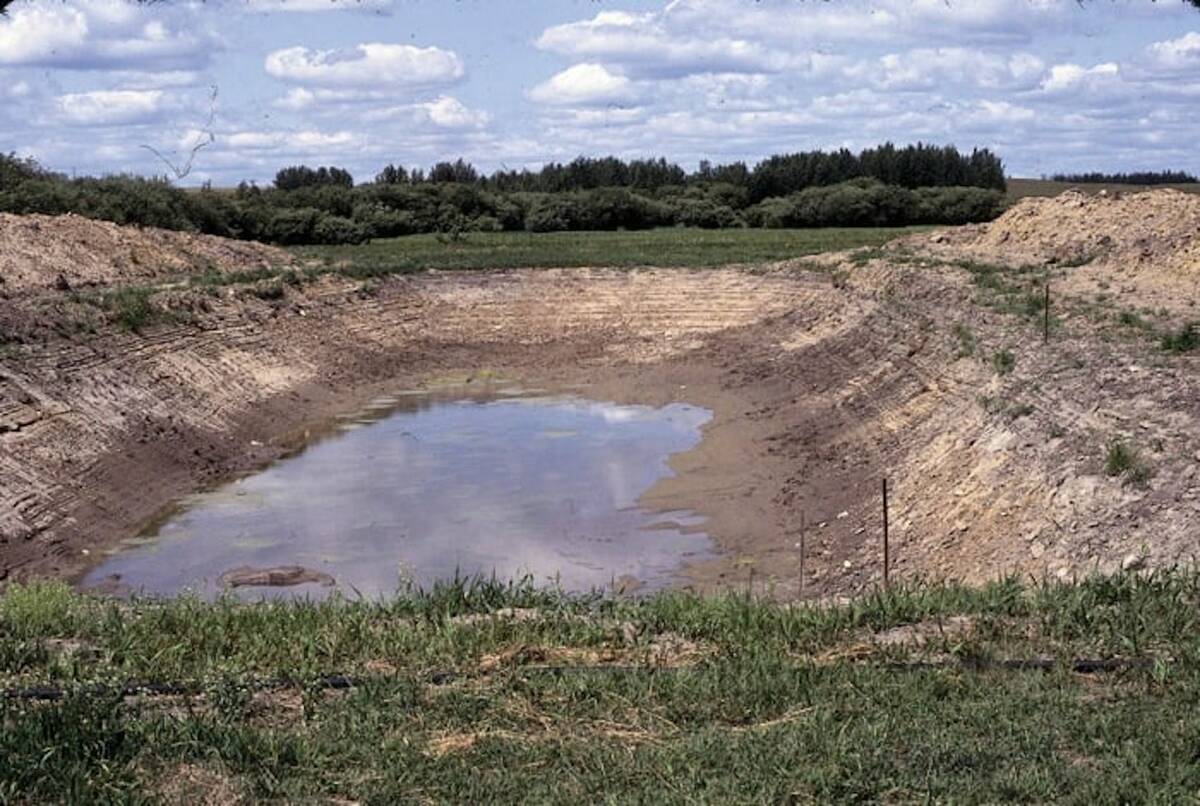
Dry summer conditions can lead to poor water quality for livestock
Drought conditions in the Prairies has led to an decrease in water quality, and producers are being advised to closely monitor water quality for their animals.
It’s owned by Nilsson Bros. Inc., whose head office is in St. Albert, Alta.
The business also has a digital element, listing cattle through the Direct Livestock Marketing System.
“It was a bit of a surprise,” said Matthew Atkinson, a cow-calf producer near Neepawa and president of Manitoba Beef Producers.
“I mean, on one hand, it was probably inevitable to see changes there someday, but the closure always hits you as a bit of a surprise, for sure.… It’s disappointing to see a spot go that you know, one time, was kind of a flagship.”
Rick Wright chief executive officer with the Livestock Markets Association of Canada, said there is an economic impact to an area after an auction mart closes.
“It’s one less competitor trying to get calves to sell, so that takes a little of the competition out,” he said.
“It wasn’t that long ago that Brandon was the place to sell your cattle. It was the biggest market in Manitoba.”
Wright should know. He was general manager of the Brandon location for a decade.
At one point not that long ago, Wright said, the auction mart was selling 100,000 cattle a year, but volumes in recent years have slipped considerably from that level, he said.
According to data from Manitoba Agriculture’s weekly market reports, Brandon saw slightly more than 25,000 cattle marketings in 2024.
It’s not just Heartland, however.
Manitoba’s cattle herd, like the national herd, has been in a state of decline for years. The province’s beef cow numbers have shrunk sharply since 2007, with the exception of a small bump in the late 2010s, according to Manitoba Agriculture.
Last year, the province said, less than 381,000 head sold in the province across all auction marts and digital sale options.
Nationally, Canada has fewer beef cattle than it has seen in decades. From 2021-24, Statistics Canada reported that the number of cattle on Prairie beef farms dropped by 650,000 head, or 7.3 per cent.
That means tougher competition for auction marts, Wright said, and western Manitoba is no exception.
“The competition (among auction marts) has gotten better, more focused on what they’re doing, and they’ve hired better managers, or it’s privately owned and they’re fighting for it,” he said.
There were also two major Saskatchewan auction mart closures last year. The Assiniboia Livestock Auction, also owned by Nilsson Bros., and Kelvington Stockyards both closed their doors last August.
“It’s an evolution of the business, that’s what it is,” said Wright.
Roy Rutledge, who was manager of the Assiniboia Livestock Auction at the time of the closure, thanked the business’s customers in a post to the company’s website.
“Especially in 2023, when we tried to rejuvenate the business, your business was really appreciated. But unfortunately, there wasn’t enough to keep us viable,” he wrote.
Wright said he didn’t find the recent Brandon closure a big surprise.
“Maybe the timing was a bit of a surprise, and the way it was handled was a bit of a surprise,” he said.
“But anytime you see a piece of history like that disappear, it’s a sad day.”
The building’s metal structure has had wear and tear, he said, while “the property where the stockyards sit is worth a lot of money. It’s probably worth more to sell than it is to own the stockyards.”
The site of the auction mart, located in the heart of Brandon’s urban centre, was also not as convenient as it once was to farmers as the city grew and developed, Atkinson said.
“Honestly, I think one of the big impacts will be on the city,” he said.
Farmers who were in the city for sales anyway would take the opportunity to do other business, he added.
“Every truck and trailer … if they haul cattle in or they went to see cattle sell, they then spend money in that city quite a bit, more than folks are thinking, sometimes,” he said.
The Brandon auction mart is nestled close to the banks of the Assiniboine River just south of Brandon’s main downtown.
Wright said many agricultural businesses were once located in the area. Most of them have closed, although the garden seed business McKenzie Seeds maintains a facility. The old packing plants have been dismantled, and the area has largely transformed into green space with community softball diamonds and park space.
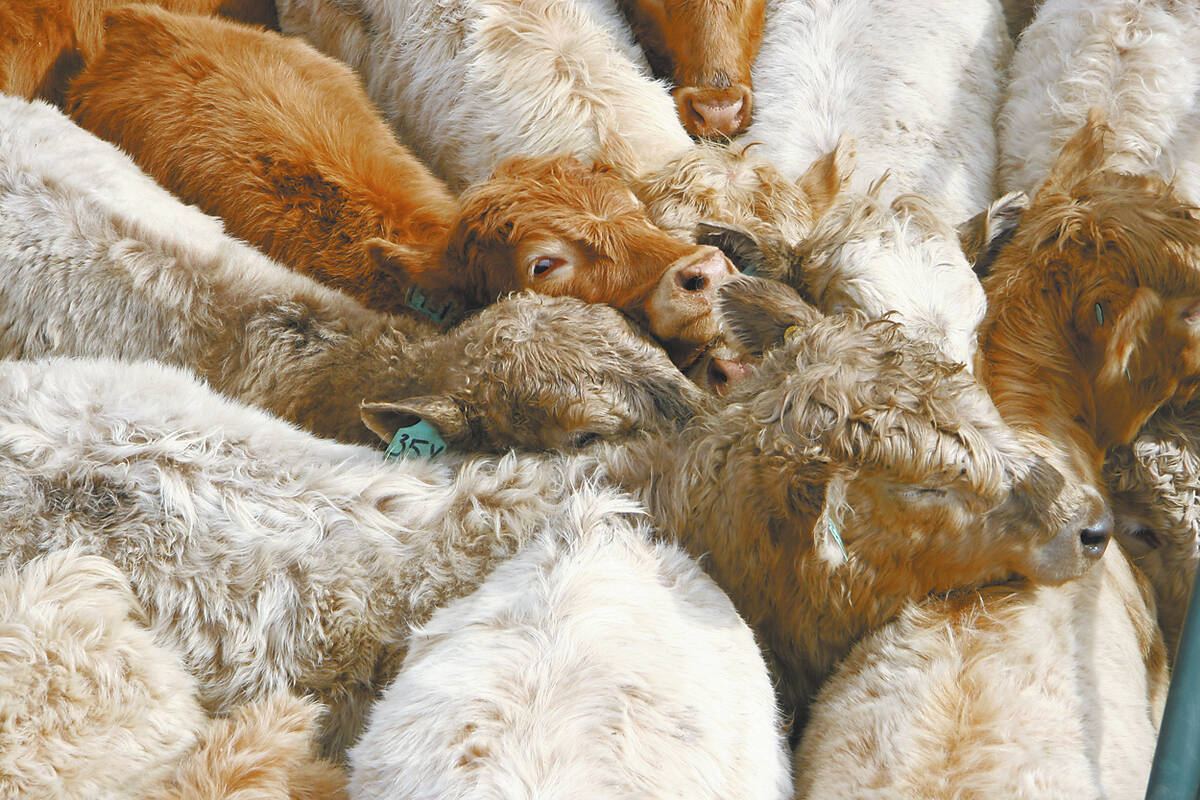
“It hasn’t been easy to get to for producers,” Wright said.
Atkinson said he was assured by David Nilsson, chief operating officer of Heartland Livestock Services, that the company will still have the same field reps covering the same areas.
“The reality is that we’ve seen a decline in the cattle herd, but we’ve also seen a shift in the cattle herd,” Atkinson said.
Manitoba now has big producers who are more interested in online and direct sales.
For those who don’t want to take the digital route, Atkinson said there are independent markets that will pick up the sales from the closure. Some will opt for sales in Virden. That site is newer, more modern and a little more accessible for producers to get to, he said.
Others will head for Manitoba auction marts in Killarney, Gladstone and Ste. Rose, which may mean a little more freight cost.
“Those auction marts, through the fall, starting back up after Christmas time in the New Year, they will be doing wholesale bookings three or four weeks in advance. It’s going to put a bunch more numbers on those sales, and it’s going to take a bit more planning and booking those cattle in to see what the impact is. We are going to see a change there, for sure,” Atkinson said.
Nilsson declined an interview.




